How Anyone Can Sell Sponsored Content To Brands
That’s a pretty bold statement. The idea that any digital publisher could actively sell brands sponsored content on their website, blog, social platform, or another digital medium.
But… it’s true. I’ve done it before and have seen hundreds of publishers of all shapes and sizes broker deals with brands and service providers that include a sponsored content or sponsored post arrangement.
Below, I’ll outline in detail all the different types of sponsored content deals and highlight the methods and requirements necessary to make them work for you. I’ll also go into a bit of detail in what brands and sponsors are looking for and how you can find the right ones.
What is sponsored content?
Sponsored content is actually a pretty broad term.
It is the act of a brand or business paying a content creator to publish something on behalf of the brand related to a specific marketing or advertising initiative.
Sometimes this could be something as obvious as a brand paying a content creator to post a picture of their product on the publisher’s Instagram account with full disclosure of content being a paid transaction between the product brand and the owner of the social media account.
But — to show just how all-encompassing this term can be — sponsored content can also include product placement in a major motion picture or be a featured storyline in a popular web series that features a product or service offered by a specific brand. This kind of sponsored placement may not be outwardly shared with the audience.
Imagine an episode of a sitcom that could potentially feature a character seeking to get their hands on some delicious Burger King after a crazy adventure
In between, you have sponsored blog posts, paid reviews, YouTube unboxing videos, and hundreds of other interesting ideas that creative publishers and marketers have thought up over time.
For most digital publishers, the idea of sponsored content triggers the image of a sponsored post or paid article. This is traditionally one of the most common forms of sponsored content that is sold; however, it must be positioned correctly to remain appealing to brands.
As the digital ecosystem changes, there are more and more ways to structure sponsored content deals with brands. Below, we will highlight different types of paid deals and ways to have brands approach you to do them.
The traditional types of sponsored blogs, articles, and posts
As I mentioned above, sponsored articles published in a digital publication (blog or website) are one of the most commonly sold forms of sponsored content.
Having been on both sides of the fence (buying and selling sponsored articles), I can share that there are really 3 things brands care about when buying sponsored articles from a digital publication:
- QUALITY: Is the right audience going read this?
- REACH: Is this going to reach enough people?
- IMPACT: Does this provide something different/better than other marketing initiatives?
This is why any digital publisher can sell sponsored articles or blogs to advertisers. If you can connect with your audience, generate good engagement or viewership, and prove that you offer authority or interaction with your audience better than what they could get through other advertising means, most of the time you can make a sale.
Every content or topic niche is a little different, but generally, there are brands in every category seeking to find good opportunities to reach an audience through sponsored articles, posts, or blogs.
Finding brands that may be interested in your audience
There are a lot of ways to do this if you are a big brand publisher. If you have the tools and the ability, you can pull down a list of top display advertisers. Then, you can see what brands are already paying the most to retarget your audience.
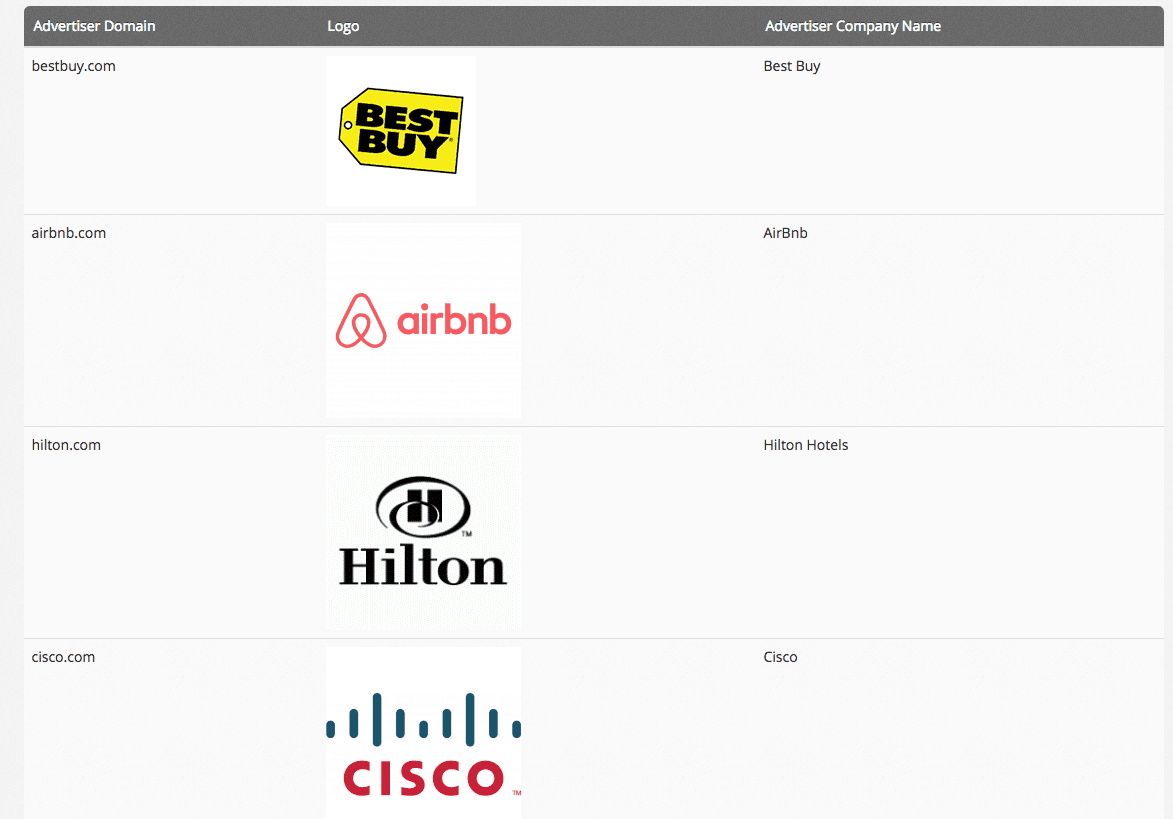
Since they are already paying to show display ads to your visitors, they would likely be somewhat interested in reaching them in a more engaging way through content.
If you don’t have the tools or ability to pull this information, consider the types of brands that you see on your site and sites like yours (similar topics or niches).
Recognize many of these will be simply restarting your interests; however, you may come across some direct deals on competitor sites that will tip you off to the types of brands already spending ad dollars with content creators in your niche.
A better way to identify hot leads for brands that will buy content from you
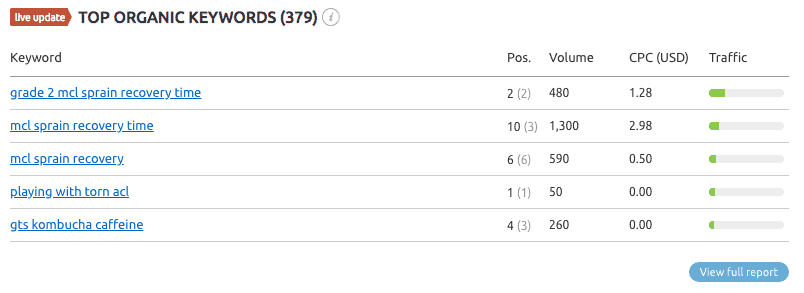 One of the best ways to identify brands willing to shell out cash to reach your audience is by looking at your top organic keywords. You can use SEMRush or other keyword research tools to identify your most valuable and highest volume keywords.
One of the best ways to identify brands willing to shell out cash to reach your audience is by looking at your top organic keywords. You can use SEMRush or other keyword research tools to identify your most valuable and highest volume keywords.
In this example above, we will pretend that my blog ranks very high for the keyword “keto diet”. I can use tools like SEMRush or Spyfu to see which advertisers are currently bidding on these keywords.
This will allow you to see all the advertisers that are paying to reach an audience that you are reaching for free via Google Search. You can also rest assured that it is very likely that your organic visitors are far more engaged than the visitors they are acquiring via paid search.
This means that you can offer all these keyword advertisers something really valuable… the ability to reach their audience — that they are paying to reach already — in a more engaging way.
This allows us to provide all three of the elements we know brands are looking for (reach, quality, and impact).
In this example, GreenChef.com is a top advertiser for my keyword and would be someone I would add to my list of brand targets.
Pitching brands and getting an order for sponsored content
By now, you probably have a nice shortlist of brands that should maintain some level of interest in sponsoring content on your digital property.
The method provided above should have allowed you to identify brands that…
- Are already spending digital dollars to reach your audience
- Are spending money to reach an audience you reach for free
- Are likely engaging that audience less effectively than you are
This should leave you with a nice short list of prospects worth reaching out to.
Now, it’s time to put together an offer the brands can’t refuse.
First, you’ll want to demonstrate all the above information to the brands you’re reaching out to.
1.) Take screenshots of the keywords in these tools (or actual search engine results pages) along with other similar keywords that you rank for.
2.) Highlight the landing pages and the objective visitor engagement stats associated with these keywords. This will allow you to highlight how you are objectively connecting with these searchers much better than they are. The more data the better.
As someone who has been a marketer for well over a decade, you’ll want to provide as much data as possible. Data sells. Engagement metrics out of Ezoic’s Big Data Analytics ( Content > Landing Pages) will provide a really deep look at just how impactful your content is vs. the brands paid ads.
Above, you can see how to find landing pages inside of Big Data Analytics and identify all the metrics that would be potentially meaningful to advertisers.
You can then click the Excel or CSV buttons in the top right to export this data easily to a document that could be shared with a prospective brand.
You can also look at traditional metrics like session duration and bounce rate inside Google Analytics and export that info to share as well if you cannot access engagement data via Ezoic.
3.) Pitch the idea of how it would work to them. Lay it all.
Right now, marketers are going into Google Ads and Facebook Ad Manager and simply promoting and sponsoring stuff in seconds. If they are going to sponsor content, they probably don’t have a ton of time to think through every detail themselves. By coming up with an exact proposal, you can set the price and execution so all they have to do is say YES!
To deliver a ready-made idea, propose that you have a multitude of articles that make sense for their prospective audience (the ones they are trying to reach by bidding on that original keyword).
You can create a brand new article that highlights their product, service, or offering in an objective and fun way.
This is where you’ll have to get a bit creative. For the sake of my “keto diet” example, I have issued an exact article proposal below, but realize publisher will need to be creative here.
Sponsored Content We Could Provide —- We would produce an article about how to make keto dieting easy through the use of ___________. This would allow your brand to be featured prominently with links to your offering in an article where we outline the benefits of your brand and what it offers to prospective customers in the form of an editorial piece. We would list that it is a sponsored post, but we would link to this article from all the landing pages that relate to your audience that we already currently rank for in search engines.
You could provide an infographic that would display that value like this…
This proposition will allow you to position this content as a way of reaching all the searchers that are seeking all those valuable keywords (some of which they are paying to reach already)
Highlight the value to the brand
This new piece of content … (pitch)
- Will be linked to by all the articles that rank organically for your paid keywords + additional similar keywords
- Will be read by audiences that are engaged in the content and view our site as an authority
- Has the potential to reach ____ (enter the total visits to all of these landing pages over a long period of time)
- Will link to your products,/services/offerings
- Can highlight key points that you’d like to include in the text
You can then set parameters to protect your personal site/blog/publisher brand. For example…
- All links will be no-follow
- The content will remain linked to all pages for 3 months
- The content will remain linked to top pages until the sponsored content reaches 50,000 pageviews (example only)
- and other caveats that allow you to protect the value of what you are providing
You’ll have to be a little creative here. It is different for every type of publisher. I am trying to provide some direction that would work for small publishers as well as established brands.
Contacting the brands about sponsored posts, articles, and blogs
Now that we know who we want to target and what we want to try to sell to them, we can work on making contact.
For small brands and advertisers — like our GreenChef.com example from above — you can often contact them through their website or by searching around online for key contacts. In many cases, these organizations may have less than 50 employees. Having a publisher reach out to them personally with the information you’ve collected may seem like a great opportunity to them.
These deals are easy and often completed quickly.
For larger brands like Kellog (just an example) you may need to dig into platforms like LinkedIn and seek out several folks in charge of marketing or advertising. These people may not be easy to reach or even in charge of sponsored content initiatives, but it is worth connecting with them and reaching out…. here’s why…
Often, big brands will be working with outside agencies and won’t even do one-off deals with publishers in-house. However, their agency may purchase these deals in bulk or be willing to sign off on a deal with your site.
Have the person you contact at the brand introduce you to the agency employee working on the brand’s behalf. That recommendation or connection will mean a lot. It will look like the marketing person at the brands is endorsing the potential deal with your property.
Agencies are always trying to do 2 things
- Keep the brand happy
- Spend all the budget they’ve got and deliver the reach they’ve promised to the brand
You can help them do both!
Remember the marketer at the brand recommended you, and here you are with an honest proposal delivering a quality audience. Hooray! The agency doesn’t have to work, you just brought them an easy deal to do.
Seems like a lot…right?
It is harder to do deals with big brands if you are not a major publisher with access to agencies etc. yourself. However, if you can land a few of these deals, you can make your way into a rotation with agencies and they will begin bringing you more sponsored content deals.
This is something brand marketers are asking for and you want to be sure your digital property is on the shortlist anytime relevant opportunities come up.
Going beyond sponsored content and looking at social media
Many digital publishers and content creators can offer more than just sponsored articles hosted on their website or blog. Being able to offer your social media presence, authority, and reach can provide a lot of additional value.
Often, publishers will lump their sponsored post/article deals into their social media; however, offering them separately or tiering the offering is often better. Sponsored content buyers are often looking for only one thing in particular. Simplifying your offering is often a better approach. It is a way of saying, “I have exactly what you need”.
Instagram is the hot platform right now… but beware…
Selling sponsored posts to brands has never been more popular on Instagram. The idea of Instagram influencers didn’t exist a few years ago and now the bubble has never been bigger.
If you have a large Instagram following, you can apply some of what we did above to try to reach out to brands that might want to take advantage of your reach; however, remember that marketers want to see data.
How can you prove that your audience is who they want and that you have the reach that they need?
Include average Instagram story and post like counts. Try to include what hashtags are associated with your account and what other top influencers follow and like your material in any packages you present to brands.
Marketers are becoming more and more wary of Instagram influencers. Fake followers and a lack of brand control have led many to pull their dollars back recently. There is increased consolation among agencies and new organizations that are designed to deal with influencers and review them. A lot of major brands have elected to stop working with individual influencers strictly because of this shift.
New apps like Heartbeat are providing some mechanisms for smaller influencers to begin accessing some of these larger brand campaigns; however, larger influencers will likely still want to get in contact with larger agencies they can help them secure better deals.
One last thing. Beware going all-in on hot new platforms.
While Instagram is a major source of easy revenue for many influencers right now, it is likely not going to be here forever.
History, we’ve not seen these booms last for very long. Let’s not forget that Instagram is owned by Facebook.
6-7 years ago, Facebook Pages were a hot new way for content creators and publishers to reach large audiences. Brands would do direct deals with these publishers and their Facebook pages. Then, Facebook changed their algorithm and greatly reduced the reach of Pages.
Now, organic Facebook Page reach is almost nothing. Publishers must pay to reach the audiences they once got for free.
It’s fair to ask whether or not Facebook is going to let influencers do direct deals with brands forever. How do you think Facebook views publishers essentially leveraging Instagram to make money? Facebook is likely going to eventually want to cut in.
What about sponsored videos?
Lastly, we have sponsored video.
If you’re a content creator specializing in video, it’s likely your content lives on your own platform or YouTube.
If it’s on your own platform (like your website), you can really apply many of the strategies we talked about for sponsored articles to seeking out good brands.
If you are big on YouTube, you may want to look into doing a bit of double-dipping.
Often, if you specialize in an area where products could be featured, you can do paid reviews (or unboxing, if you don’t want to disrupt your credibility). There are usually a few suspects in your space that you can probably think of off-hand to reach out to.
However, if you do these deals, you’ll need to let YouTube know (see above). Product videos can become quite popular on YouTube; allowing you to monetize with ads and the brand, but you’ll need to make sure your audience knows.
Making sure you stay out of legal trouble
This does not constitute legal advice.
Outside of law, you owe it to your audience to keep an honest relationship with them.
Remember, brands want to work with you because of this relationship. Your audience will lose trust if you try to trick them and brands may notice this and choose to not work with you as well.
It is always good to disclose what types of relationships are being paid for where applicable when you are sharing sponsored content with your audience (on all platforms).
That said, the FTC has some specific regulations about alerting your audience when certain types of content are paid for.
For example, an Instagram post about the benefits of a certain product must include some form of disclosure if you were paid to share that. Using the #ad has become one popular way of doing this and it has been deemed acceptable by the FTC.
You can find more guidelines here.
Wrapping it all up
Any digital publisher can sell sponsored content to brands.
Often, publishers won’t think outside of the box to realize just how many opportunities exist out there, but the above info should help.
It is not always an easy process. Sponsored content deals are partly sales. If you want to utilize your time well you will need to gather the right data and target the right prospects.
Sponsored content is often viewed as premium revenue, but that is not always the case. By the time the publisher writes the content, pitches the brands, or helps construct these campaigns, they often are not getting much more value than they could have through traditional display advertising.
Sometimes, publishers will hire people to do this outreach for them, and while they may end up with high revenue for the order of sponsored content, the costs of securing that deal may make it a net loss long-term.
Additionally, too many sponsored deals may make your audience skeptical of your other content.
It is always good to experiment to see if the selling sponsored content is right for your business. Questions, thoughts, opinions? Leave them below and I’ll chime in.


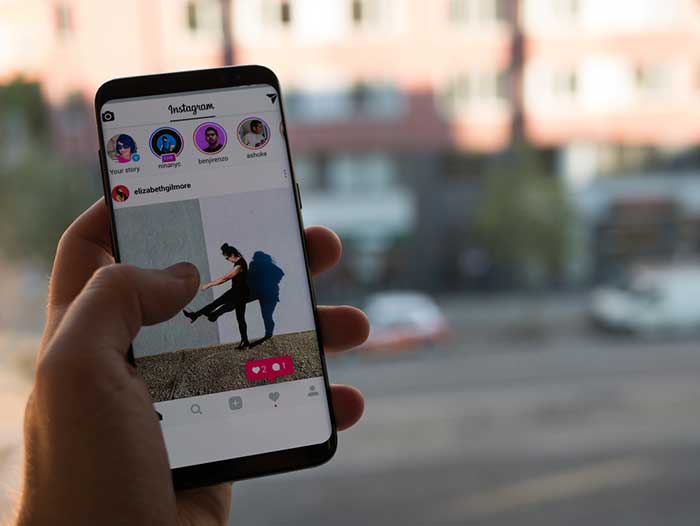

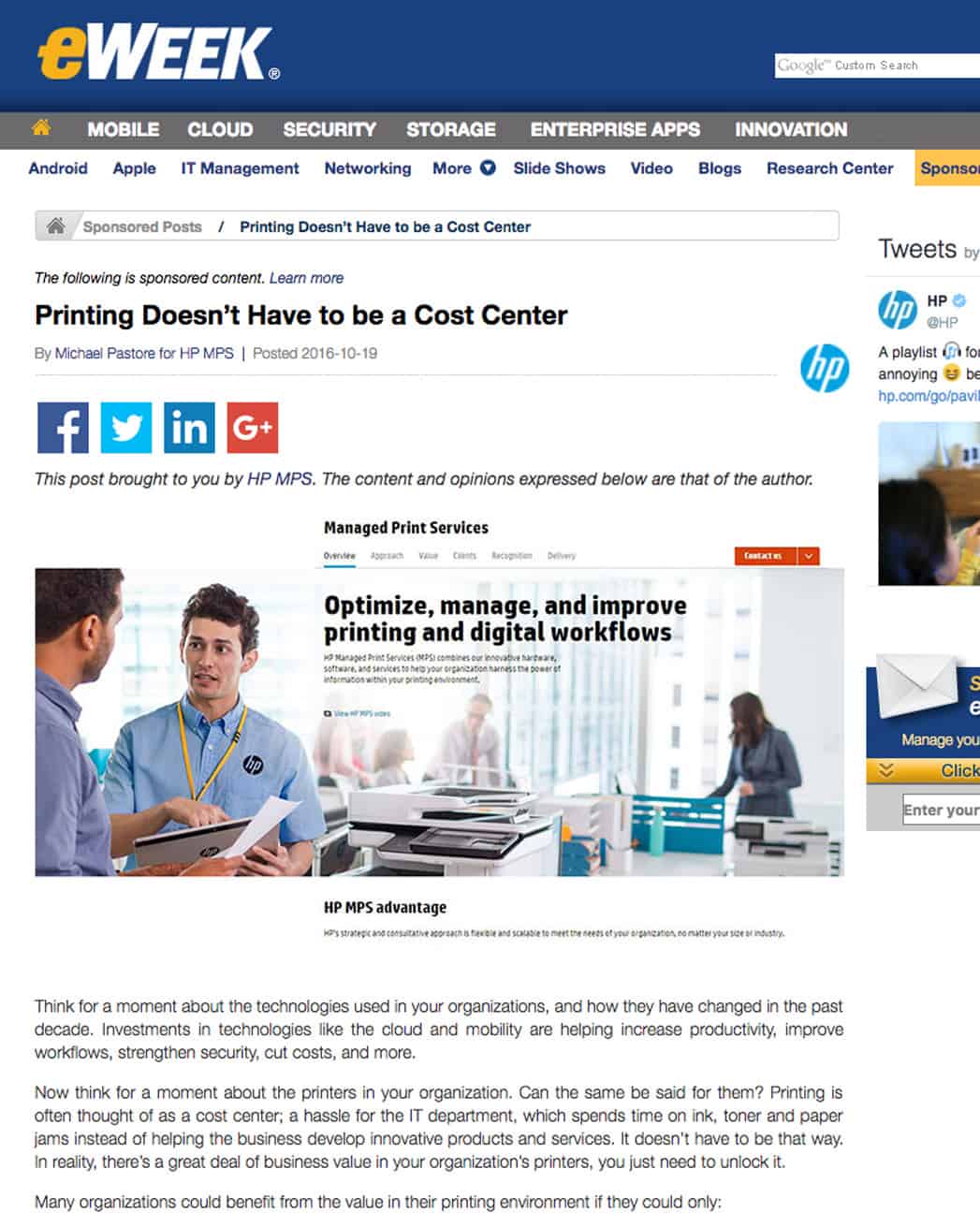
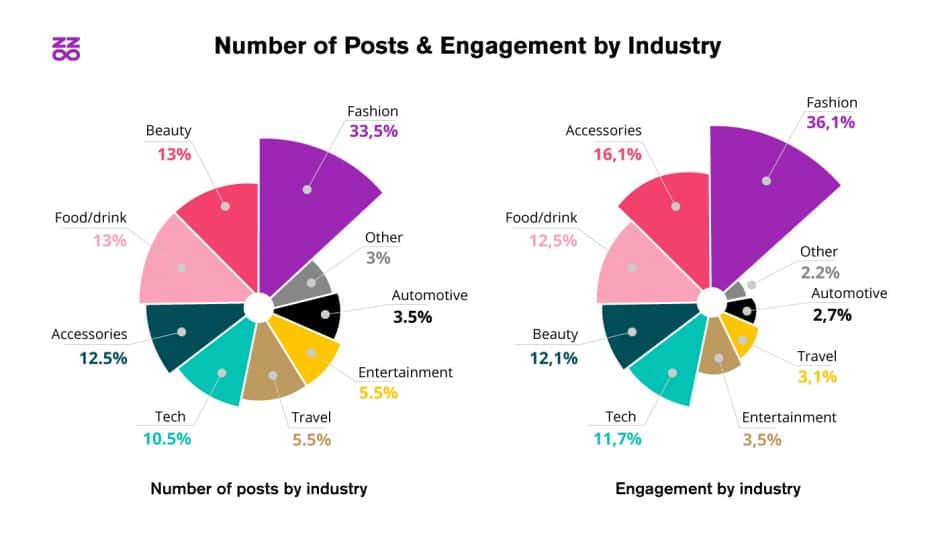
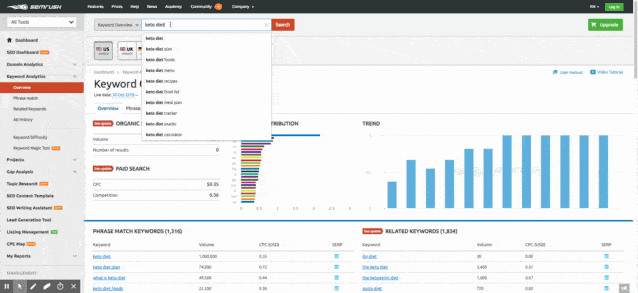
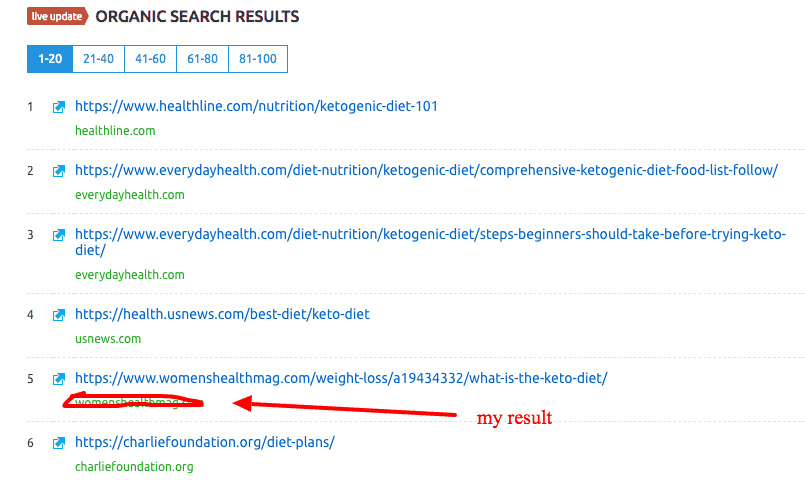
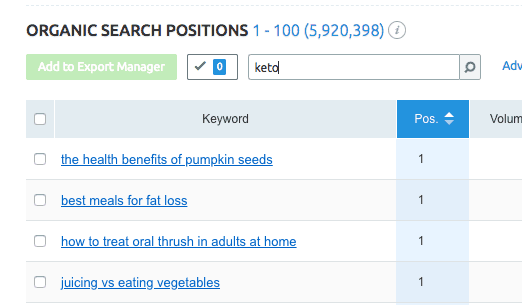
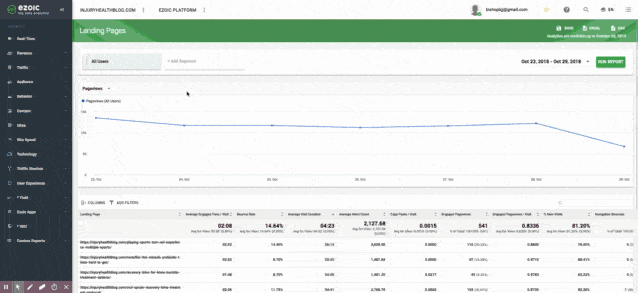


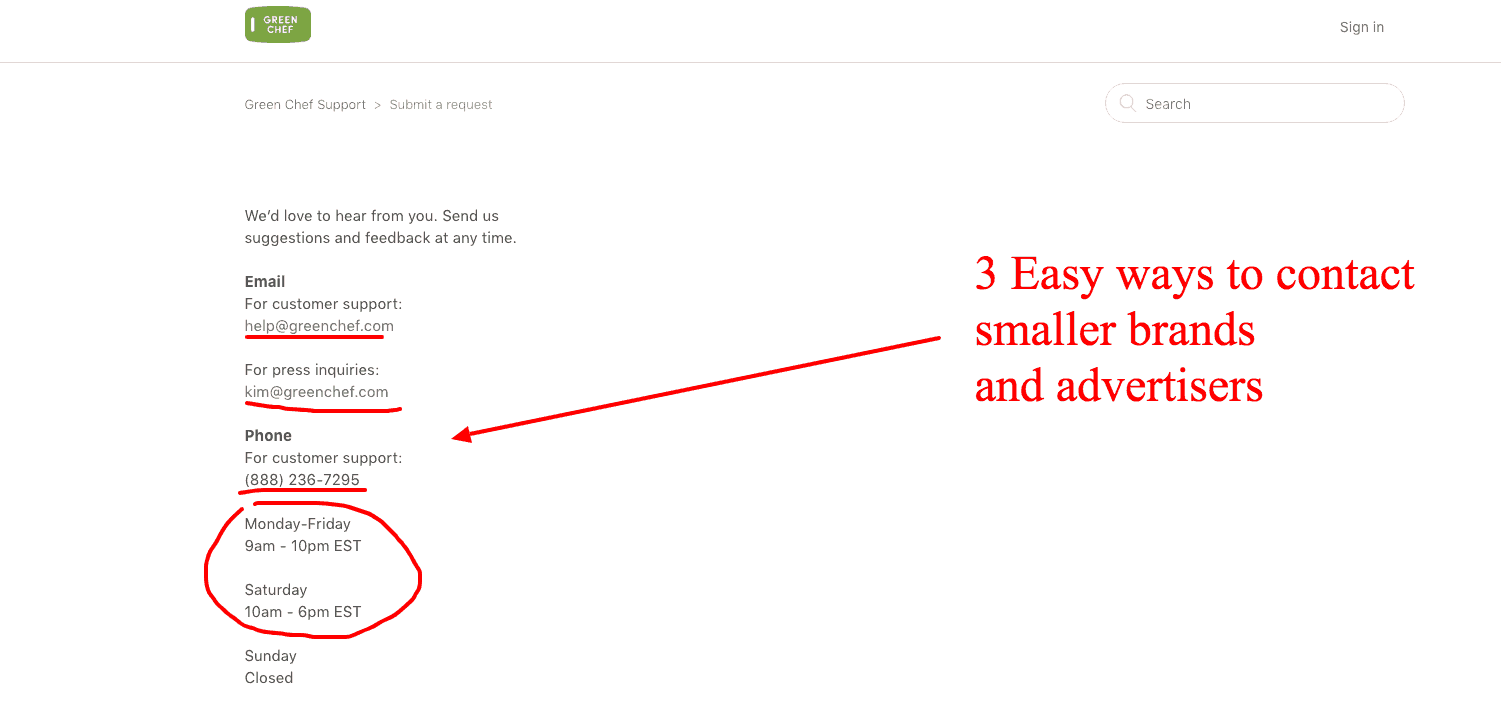

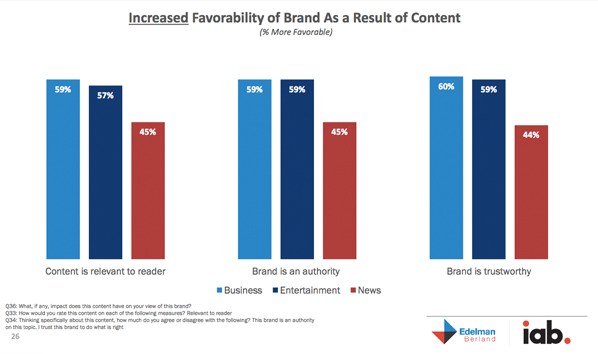
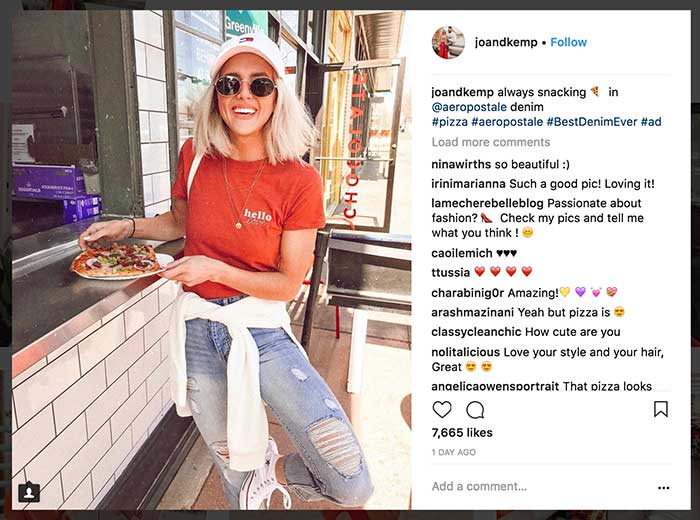
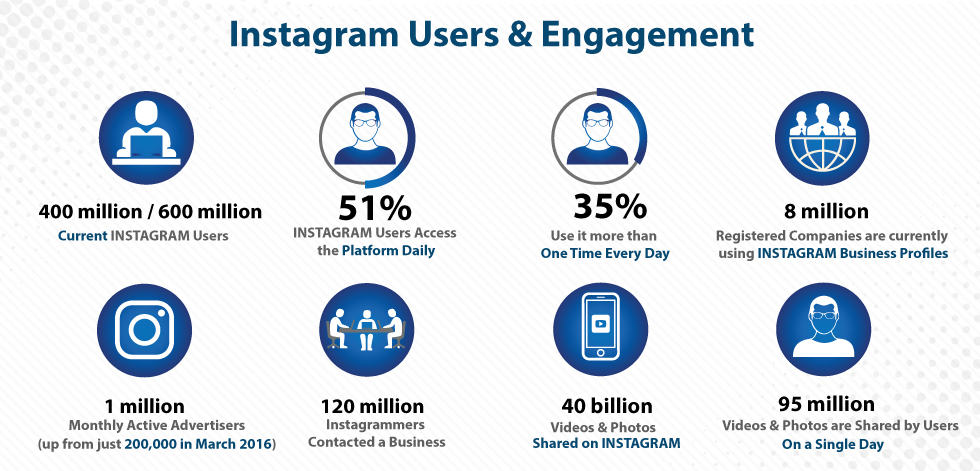

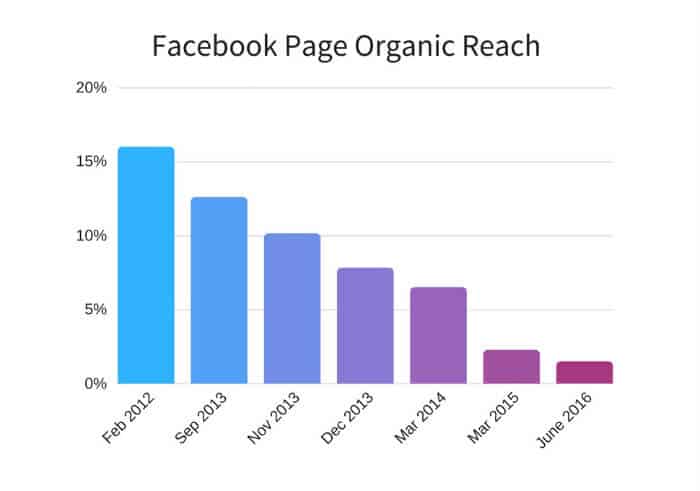
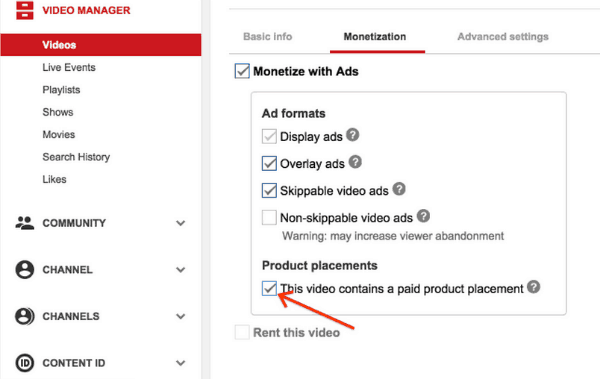

Thank you for your valuable information…Tyler Bishop
Excellent write-up! Especially the tip about using a tool like SEMrush to find potential advertisers based on the keywords you’re already ranking for, great idea and very helpful.
Glad you found it helpful 🙂